Belbin’s team roles is a very popular framework for getting a diverse and synchronised approach to team formation, the entire approach of segregating team roles into Thinking, action and people oriented roles is holistic and helps get a perspective on whether a leader has a balanced team or not.
Bonchek and Steele’s Thinking Styles is a simple framework for assessing how people think, but matches very well with how team members align themselves with the group’s goals. The model is simple yet effective in understanding your own preferences, aligning them you’re your team’s preferences in order to effectively drive outcomes.
According to Bonchek and Steele, two things determine your thinking style – your “focus” and your “orientation.”
Focus is about what typically interests you most about a situation. You might be drawn toward processes, or you might be attracted to ideas, actions or relationships.
Orientation depends on whether you have a big picture approach or the delve into fine details.
Focus and orientation together produce the eight thinking styles –
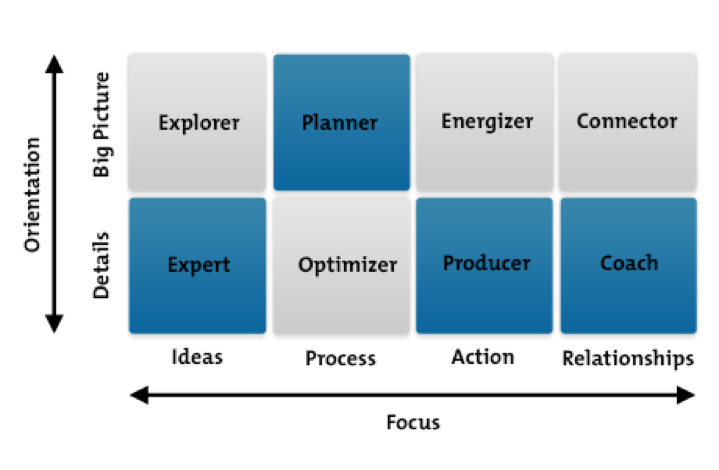 Ref: Harvard Business Review and Mark Bonchek. From “What Kind of Thinker Are You?” by Mark Bonchek and Elisa Steele, November 2015.
Ref: Harvard Business Review and Mark Bonchek. From “What Kind of Thinker Are You?” by Mark Bonchek and Elisa Steele, November 2015.
Each of these thinking styles are unique and valuable –
- Explorers are the idea generators who drive innovation and provide sparks of creativity. Left to themselves, they may not be able to actuate these ideas.
- Experts are your go-to people for technical and functional expertise. They provide the detail that helps to flesh out new ideas. Experts, if left to their own may not be able to come up with new approaches or ideas even when required.
- Planners excel at creating new workflows, systems and processes. They’re very logical and sequential in their thinking process. They need optimizers to push them to outcomes so that they don’t get lost in processes.
- Optimizers are skilled critical thinkers. They question ideas and processes and look for ways to get the best from them in order to maximize output, quality and efficacy.
- Energizers have a big action bias in their thinking. When you want team members to get motivated and moving, they are the best bet. They need the support of explorers and planners to help them stay tuned to realities.
- Producers focus on the end result. They are detail oriented and channelize the action in the right direction to get to results.
- Connectors are the glue of the team and bring people together. They’re the conflict resolvers who are able to settle ruffled feathers and get the team working as one cohesive unit.
- Coaches focus developing the team as a whole. They enjoy working with others and help them solve problems.
Depending on the needs of your organization, the composition of your team may change. I have found this model to be extremely useful in understanding team compositions better and identifying gaps related to workplace behaviours. An imbalanced team usually leads to either too much detail focus and slow decision making or too much of a helicopter view leading to poor execution orientation and result focus.
The point of reflection for leaders is – where is my team right now and how can we optimise our team composition better to enable a balanced focus on process and results.
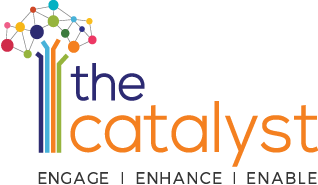
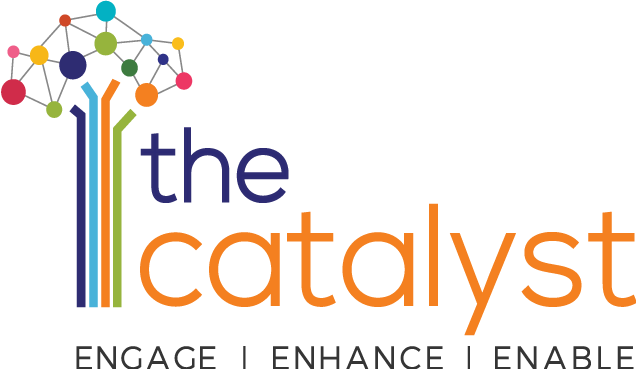

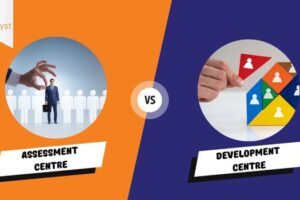
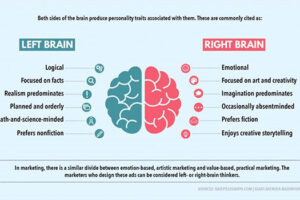
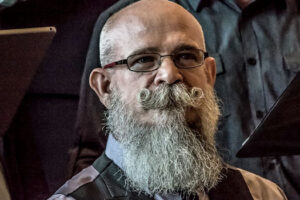
Leave a Reply
Your email is safe with us.
You must be logged in to post a comment.